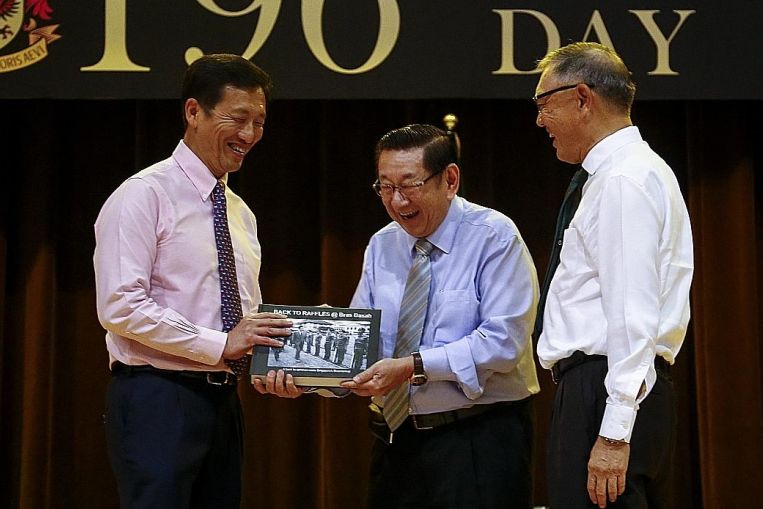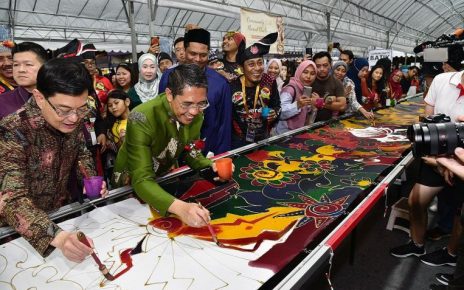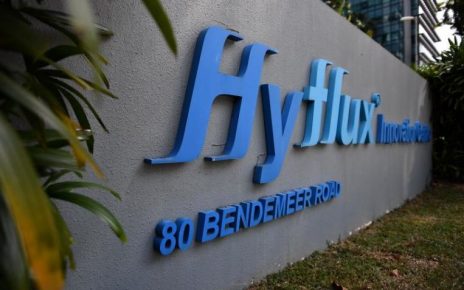
Although faith in meritocracy is weakening, Education Minister Ong Ye Kung says the ideology will remain a key principle for recognising individuals in Singapore.
Speaking at the Raffles Institution’s (RI) 196th Founder’s Day ceremony yesterday, Mr Ong stressed that though meritocracy is “under siege”, it has not failed.
In the last few years, meritocracy in Singapore has taken on negative overtones due to its association with elitism and there has been ongoing debate over social inequality and stratification in society.
“Even those who rail against meritocracy struggle to come up with a better system,” Mr Ong said, adding that this does not mean things cannot improve.
“The impetus is on us – not just the Government, but all of us – to overcome the limitations of meritocracy, and consciously fight against the ossification of social classes,” he said.
Mr Ong suggested that one way to do this is to make a stronger effort to remove affordability as an impediment for students from lower-income families to attend independent schools.
In December, a new scholarship to provide financial aid to low-income students in independent schools was announced.
The Uplift scholarship provides a cash award of $800 a year for eligible students.
JOINT EFFORT
The impetus is on us – not just the Government, but all of us – to overcome the limitations of meritocracy, and consciously fight against the ossification of social classes.
EDUCATION MINISTER ONG YE KUNG
As of June 15, 399 Uplift scholarships had been awarded. Of these, a quarter were awarded to RI students.
Earlier this year, independent school fees were also cut for children from low-and middle-income families to increase diversity in Singapore’s top schools.
For instance, at RI, which charges $335 a month, children from households with a per capita monthly income of between $691 and $1,000 now pay $25 – same as that charged by government schools.
Those from families with a per capita monthly income of $1,001 to $1,725 pay $37.50.
Mr Ong also pointed out the need to broaden the definition of merit, which currently is too narrowly focused on academic achievement.
Citing the recent adjustments to various assessment mechanisms in the education system, such as the Primary School Leaving Examination scoring system, Mr Ong said the underlying principle is valuing people with different aptitudes and strengths, and recognising diverse talents.
He said RI has also taken steps to keep its doors open to students from all backgrounds and made efforts to reach out to primary schools in the heartland.
RI’s Secondary 1 cohort this year came from 102 primary schools, compared with 82 schools in 2016.
Acknowledging that meritocracy is not a perfect system, Mr Ong said: “If we understand how inequality is in part a consequence of our success in improving lives, ensure a broad recognition of different talents, and do our utmost to uplift weaker members of our society – we can continue to reward and recognise excellence, while being compassionate and inclusive.”



